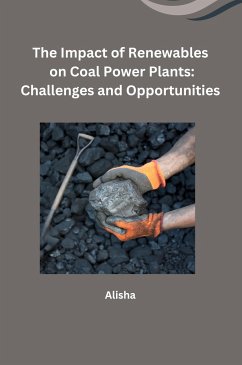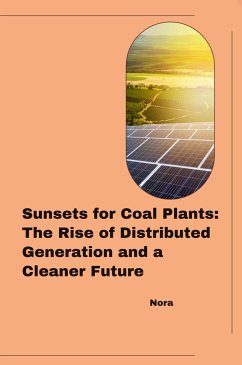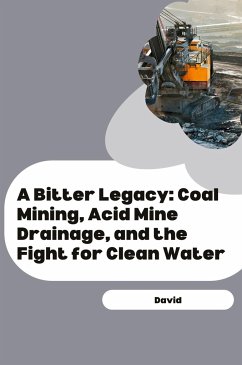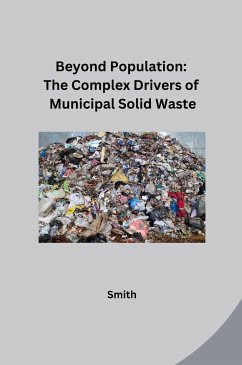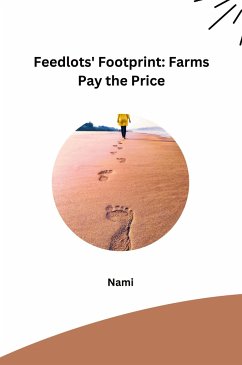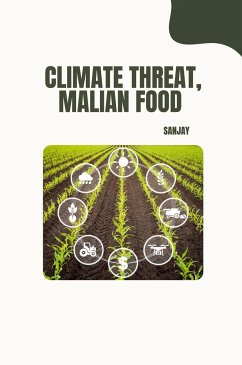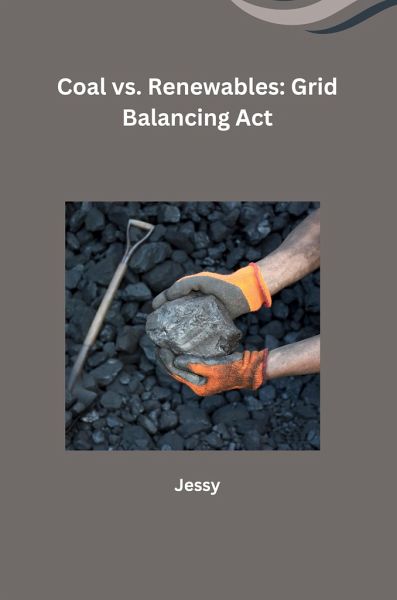
Coal vs. Renewables: Grid Balancing Act
Versandkostenfrei!
Versandfertig in 6-10 Tagen
30,19 €
inkl. MwSt.

PAYBACK Punkte
0 °P sammeln!
The transition from coal to renewables presents a new challenge: grid balancing. Coal-fired plants deliver consistent power, but wind and solar are variable, relying on sunshine and wind speeds. This variability can create imbalances between electricity supply and demand.While coal can be easily ramped up or down, renewables require different solutions. Battery storage can capture excess renewable energy and release it during peak demand. Grid modernization can integrate weather forecasting and real-time adjustments to optimize power flows.This "balancing act" requires innovation. But the bene...
The transition from coal to renewables presents a new challenge: grid balancing. Coal-fired plants deliver consistent power, but wind and solar are variable, relying on sunshine and wind speeds. This variability can create imbalances between electricity supply and demand.While coal can be easily ramped up or down, renewables require different solutions. Battery storage can capture excess renewable energy and release it during peak demand. Grid modernization can integrate weather forecasting and real-time adjustments to optimize power flows.This "balancing act" requires innovation. But the benefits are clear: a cleaner, more sustainable grid powered by renewable energy






